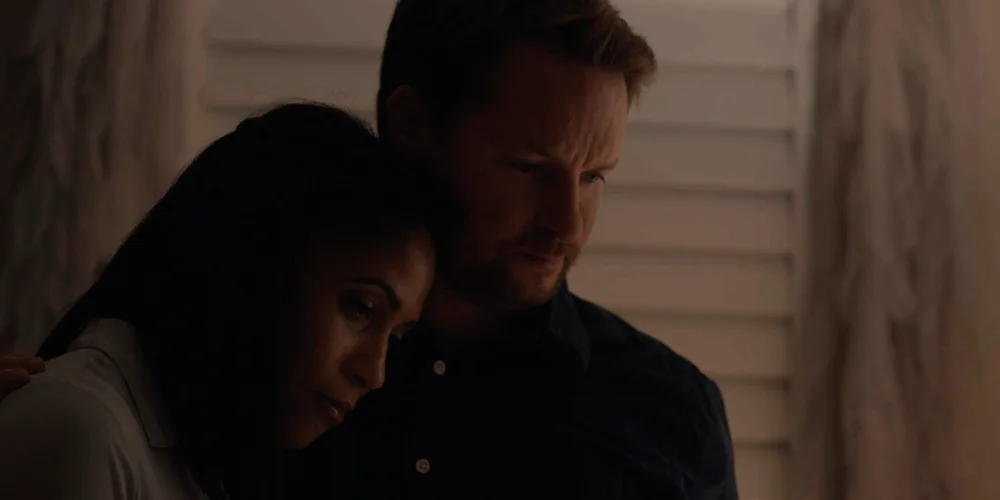
Images courtesy of Marchelle Thurman
BLACK WHITE AND THE GREYS– 5 STARS
The micro-budget indie film Black White and the Greys opens on a couple arguing in their well-appointed kitchen. A keen viewer can tell right away this is not the first time these two as-yet-unnamed people have sunk to this level. The trigger may have been small, but the words heat and boil over as the camera views them widely from across the room. As the man’s vocal volume increases, the woman's volume gets lower. One line grinds the escalation to a halt: “I want you to leave.” It creates a pause before the next line stings even more: “I don’t love you anymore.”
Swirling in that sensitive concussion, the scene cuts to black and the film’s title appears, offering a moment of exhale and relief from watching marital animosity. But, this won’t be the last time you see this fight. It will come back later in the movie. By this point, you know the names of Jordie Grey (Marchelle Thurman) and Caleb Grey (Casey Nelson), their strained perspectives, and the cherished daughter they share named Millie (Cecily Phillips). Episodic calendar months have laid out a course of complete deterioration that led to what we saw in the opening scene and are watching again.
Shown from a different camera location this time, a new witness’s point-of-view is presented that makes what was already emotionally brutal even worse. This second look at the scene becomes a jarring moment where any “he said/she said” rooting interests fall away and a pivot towards wishful restoration begins. Yet, as we see all throughout Black White and the Greys, that part of the road does not get any easier.
LESSON #1: WHAT CAN TEAR A MARRIAGE APART– How did this all happen? What can tear apart a marriage? Most folks go straight to the tawdry daytime talk show topics of money and infidelity, neither of which are anywhere close to the catalysts in Black White and the Greys and there’s zero crowd to watch it all go down. Rather, the frost seeping into the cracks of the Grey family lies in a growing divergence of intellectual contrasts and moral conflicts.
LESSON #2: 2020 WAS A YEAR THAT BROKE PEOPLE AND SPIRITS– Now, what kind of shift in the landscape of life could churn up that much discord in a short period of time? Try turning “shift” plural and hold back the “whoa”-ness of shock. Lo and behold, the calendar year of this movie’s intertitles is 2020. Starting with the death of Kobe Bryant in January, the year was defined by the onset of the worsening COVID-19 pandemic and ultimately ignited by the Black Lives Matter movement and political upheaval. The multifaceted ramifications of the losses, conflicts, and fears of 2020 spread farther and affected people deeper than any other time in recent history.
Each of these societal surges rocked the interracial Grey family in upsetting ways that turn downright agonizing. The pandemic puts Caleb, a cinematographer, out of work while they raise their daughter confined at home during quarantine. His broken confidence as a providing father and husband mixes badly with a level of cognitive dissonance growing in him towards the state of society amid the issues of 2020. Inversely, Jordie, a lawyer, becomes absorbed and incensed by the 24-hour news cycle of the year’s volatile happenings and actively calls out Caleb’s core deficiencies. All of what should galvanize the couple breaks them instead, leading to calls for separation and eventual divorce.
LESSON #3: THE LOADED OPENING CLAUSE “I’M TRYING TO UNDERSTAND”-- Set entirely within the Grey household to match the confinement of COVID, the portrayed downturn in Black White and the Greys comes out in bitter conversations. The script reveals a thought process that is misconstrued by both sides, thanks to the competing patience and impatience of sentences that start with “I’m trying to understand.” From one perspective, it’s a straightforward attempt to be open to listen. From another, it’s used with a pessimistic disdain of disbelief towards someone who doesn’t get the topic at hand in the first place.
LESSON #4: WHAT CAN HEAL A MARRIAGE– True to life, healing, or even the capacity to approach it, is never fixed instantaneously by a good day or a winning moment amid the dread. While these two lovers are questioning their souls and watching trust crumble between them, we see a scene like that repeated opening fight, their daughter consumed in the middle, and the struggles of counseling that follow and beg, no, we downright implore Caleb and Jordie to find compromise. When an admission opportunity arrives of “I shouldn’t have said that” to break up a rant, we reflect on how often that self-correction does not happen when it should. You want them to make it, and still you teeter, just as they do. That’s a powerful effect of strong character work and sage insight proudly carried by Black White and the Greys.
Writing out a scripted narrative like Black White and The Greys with this many layers of innermost family strife is one thing. Writing one that does that while perfectly blending and reflecting the tumultuousness of its times is another. The intimacy here is beyond the typical “marriage has its ups and downs” reality. Likewise, acting like a challenged married couple is one thing. Acting within such personas like your heart is being ripped out with every confrontation is another. That takes altogether greater bravery and exhaustive commitment.
Both of those creative wellsprings and performance victories come from the same sources, namely Casey Nelson and Marchelle Thurman themselves. Locked arm-in-arm, the two up-and-coming actors with resumes of small TV roles wrote, directed, and starred in this collaboration and willed it into existence with a total production budget just above $100,000. Guided by smooth camerawork from Christopher Arata (Just Mercy) and accentuated by a soundtrack featuring music by Carson Aune (Candace Parker: Unapologetic), that is an astounding feat in and of itself and announces their grander talent for all to see. Even so, a film like Black White and the Greys shows that money doesn’t matter if passion and honesty exist for the story to tell. Thurman and Nelson have something truly special here that is as profound as it is painful.
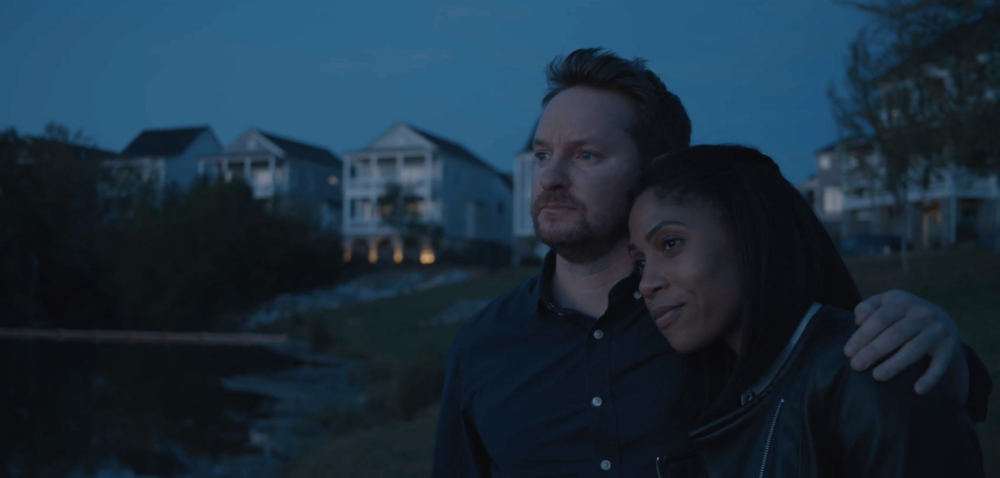
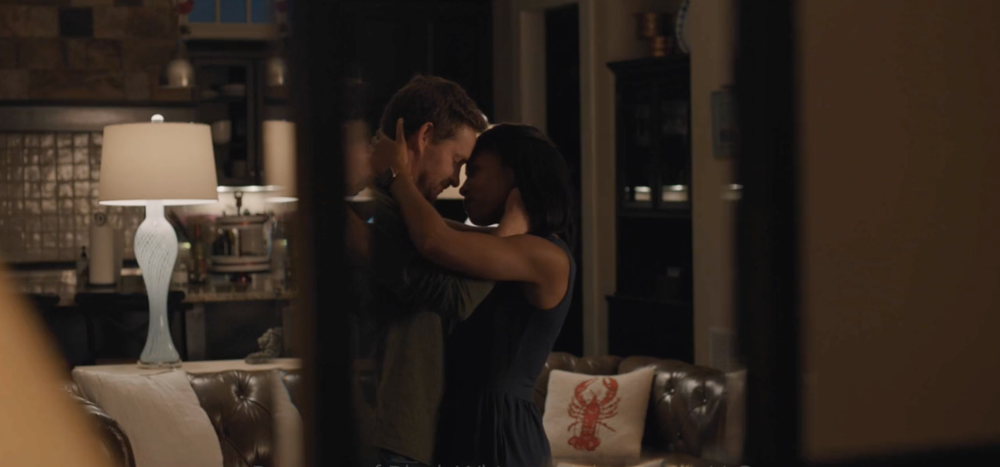
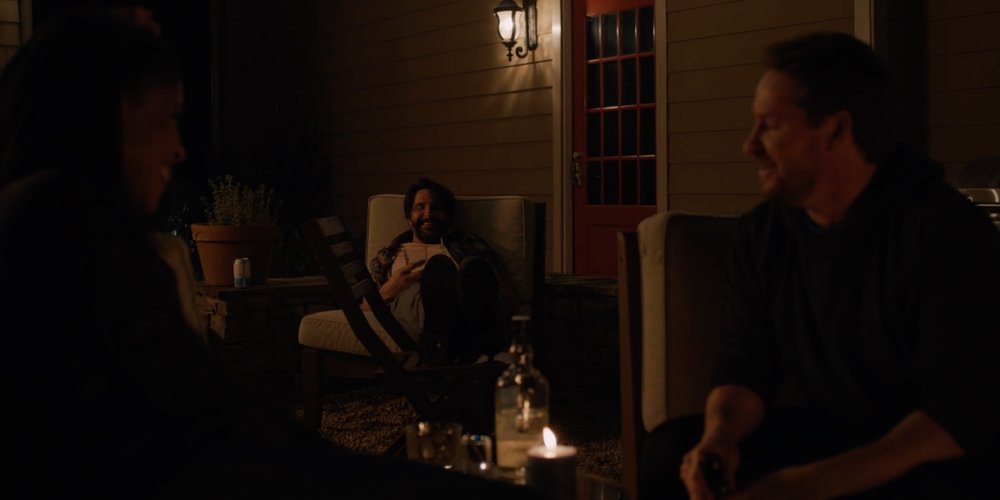
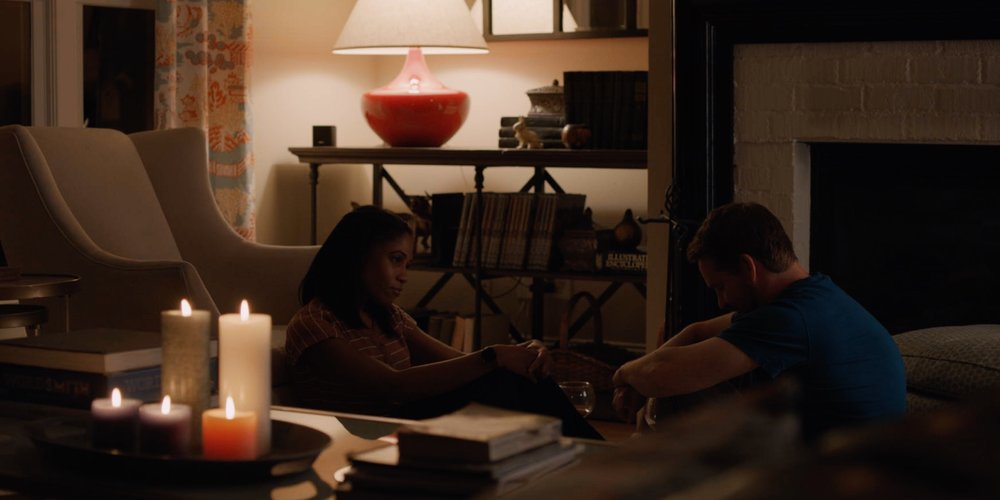
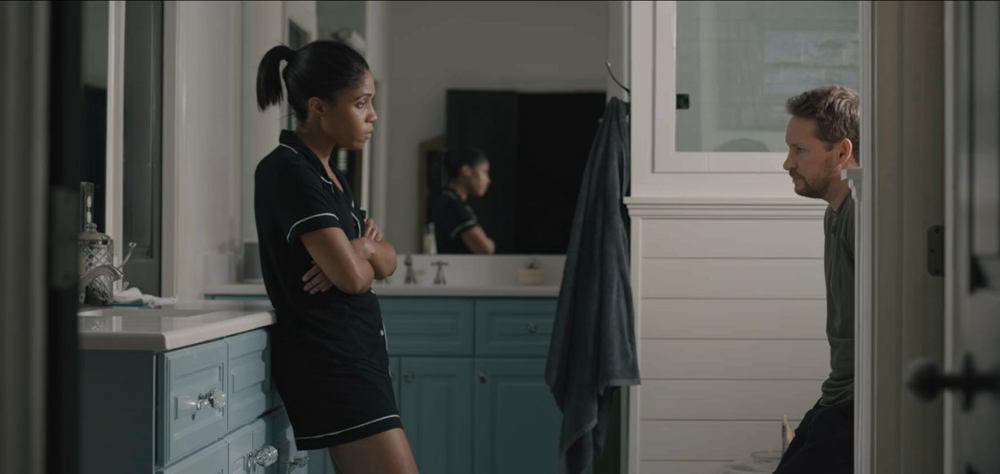
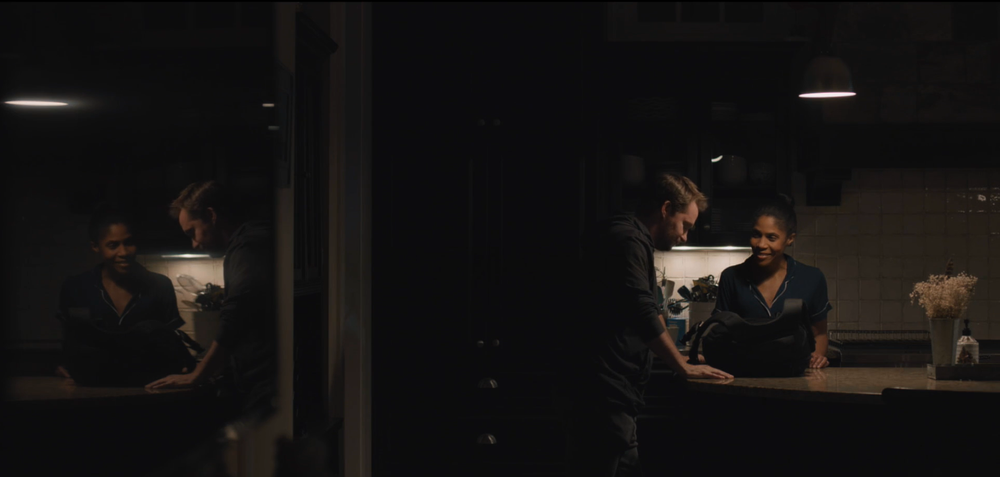
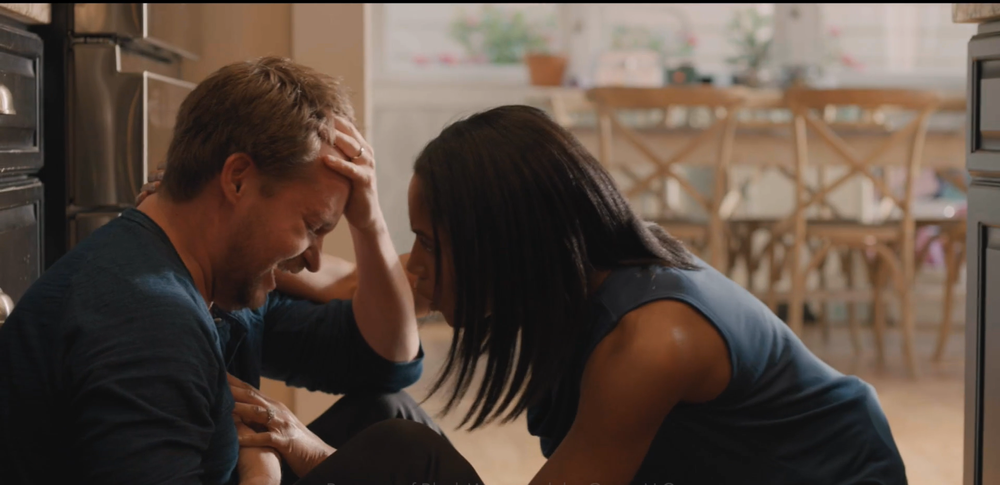
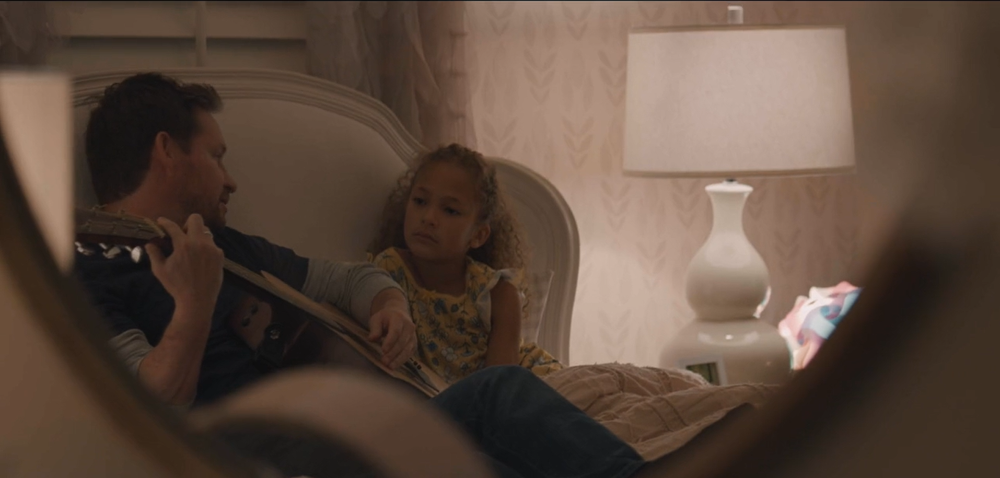
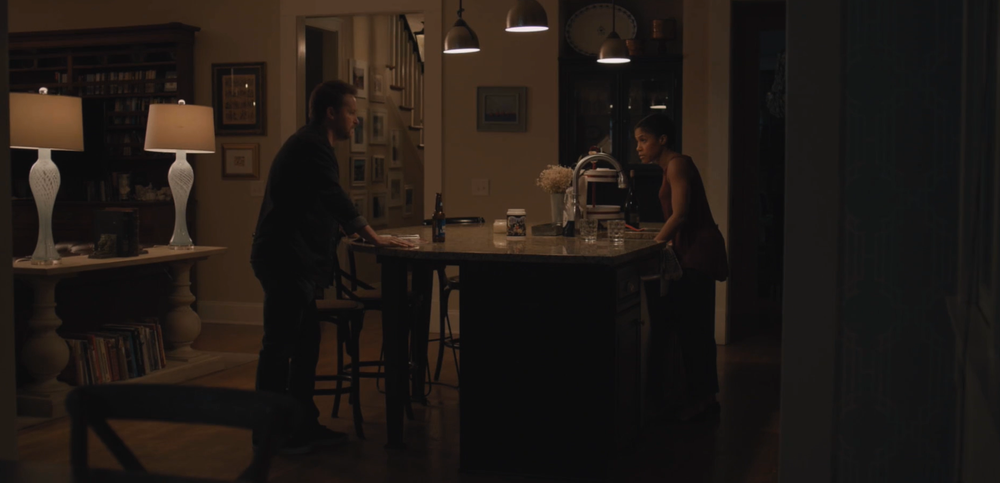
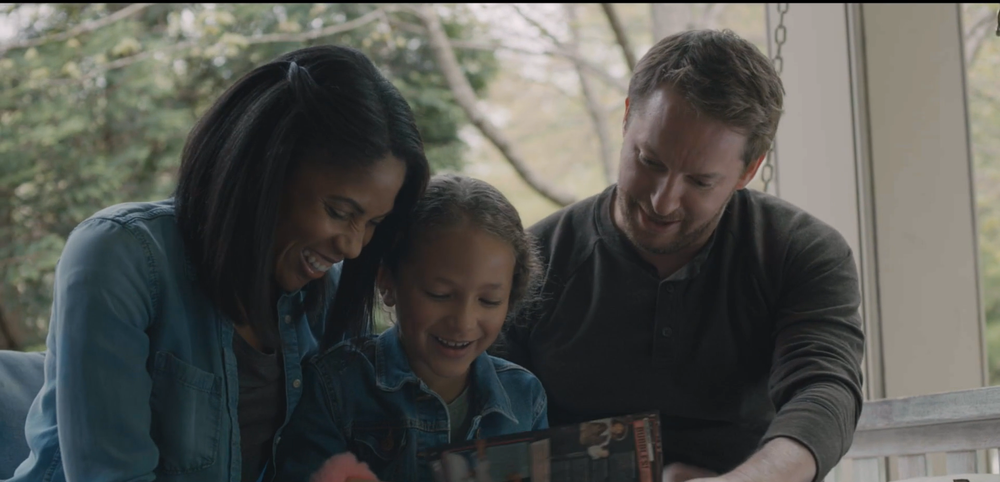
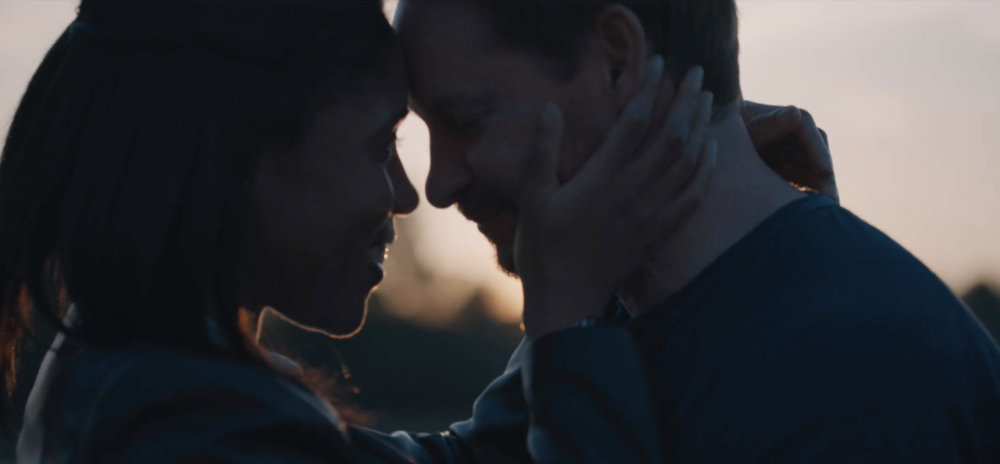
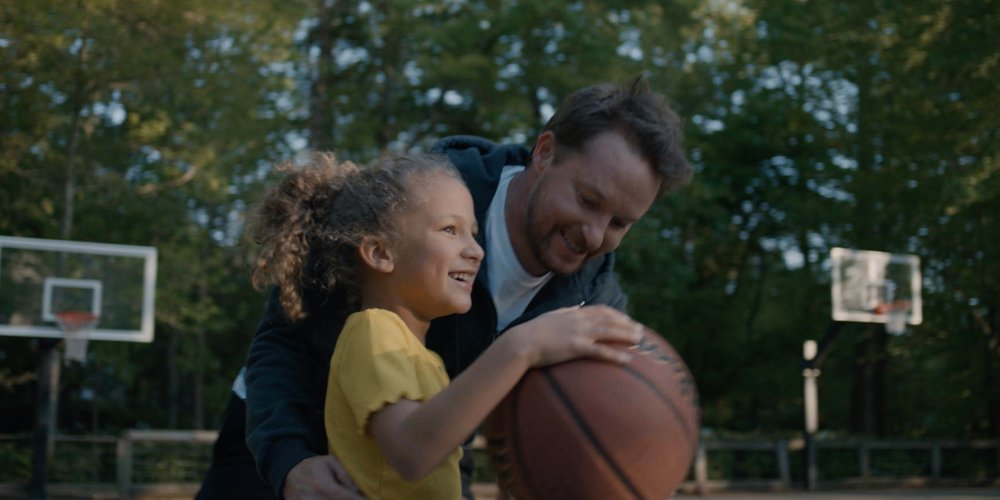
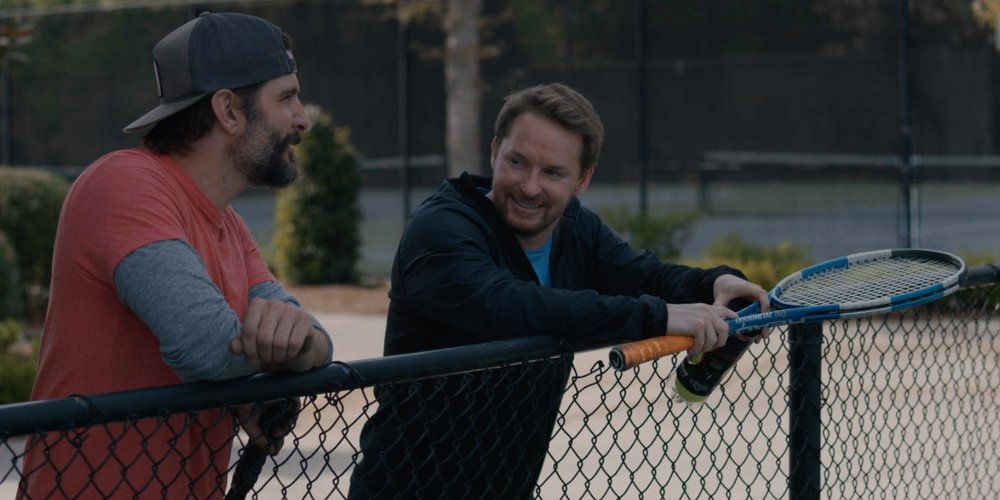
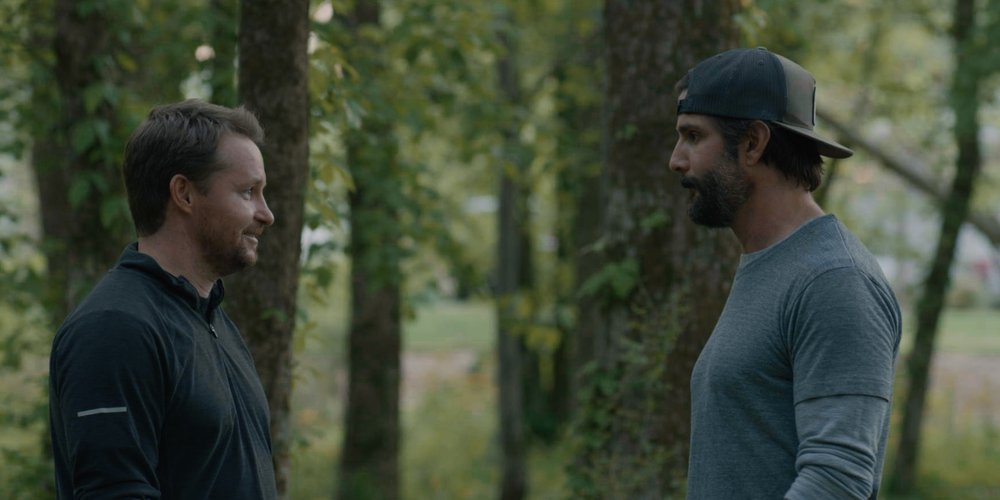
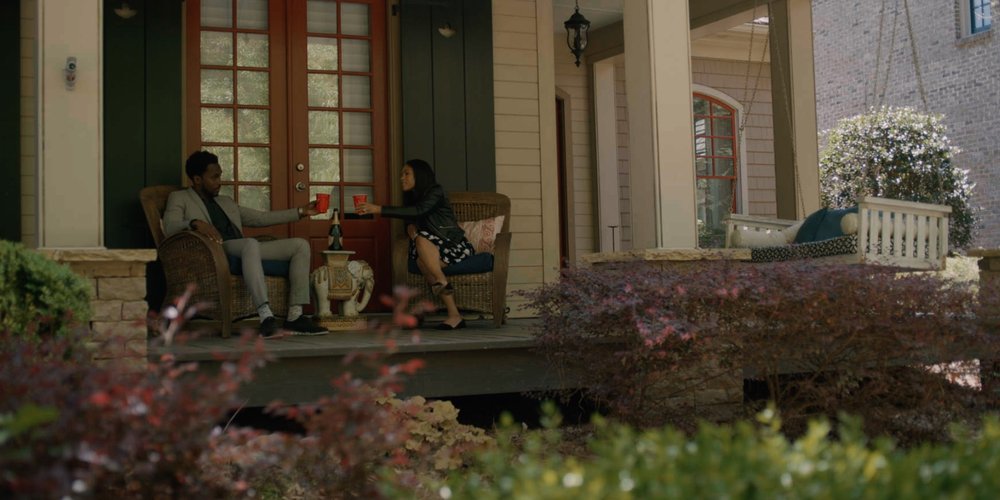
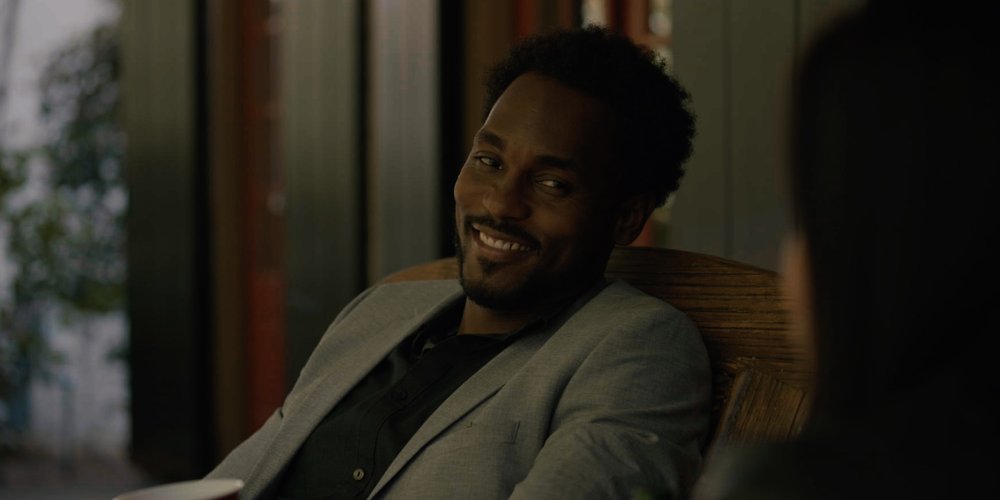
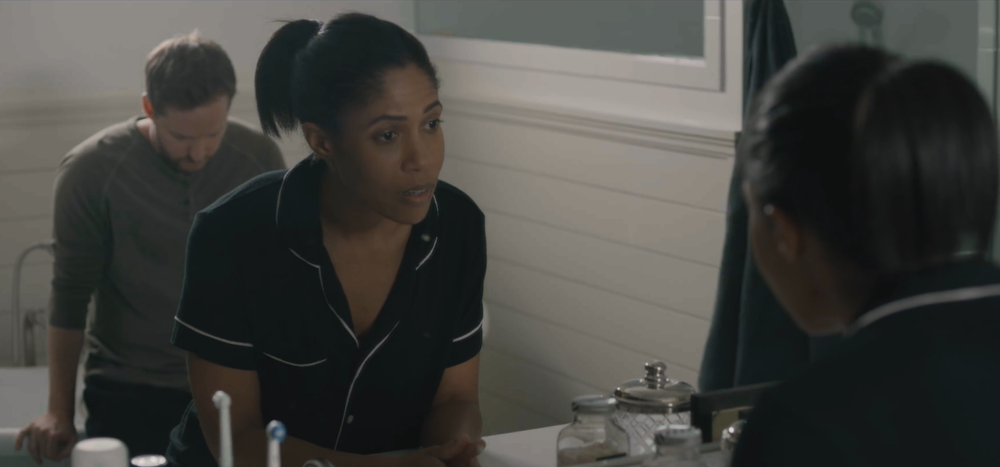
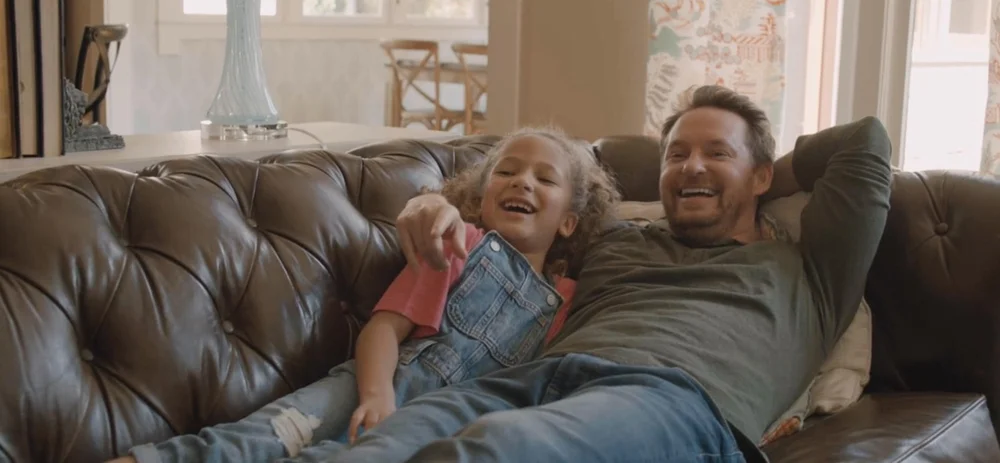
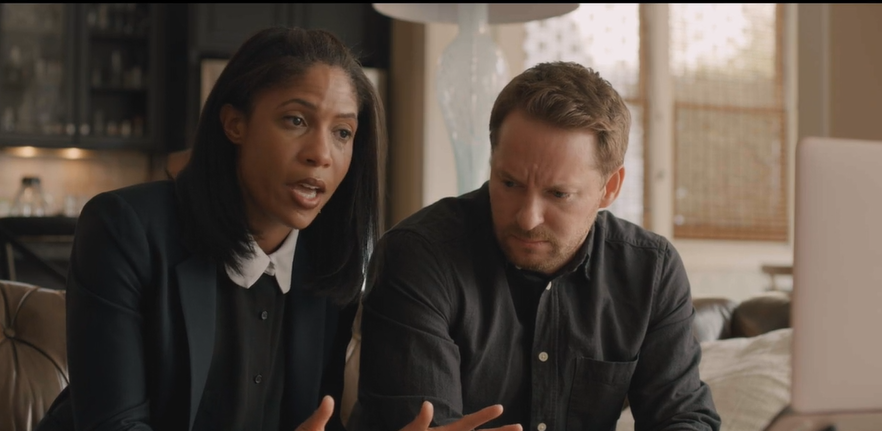
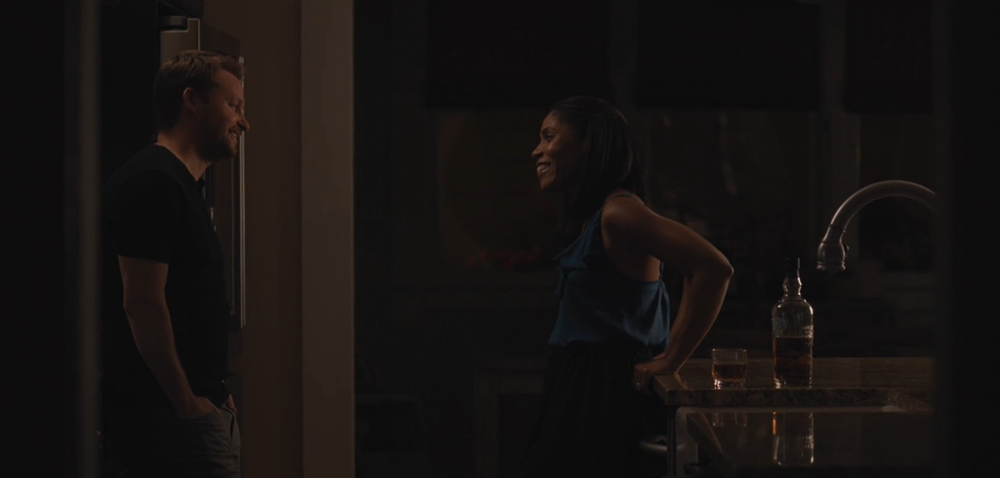

LOGO DESIGNED BY MEENTS ILLUSTRATED (#1147)
from Review Blog https://ift.tt/El0JrRf







No comments:
Post a Comment